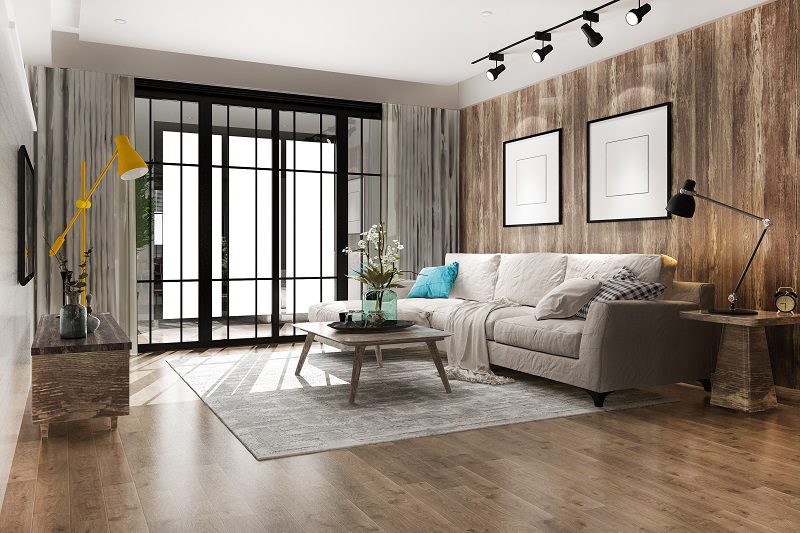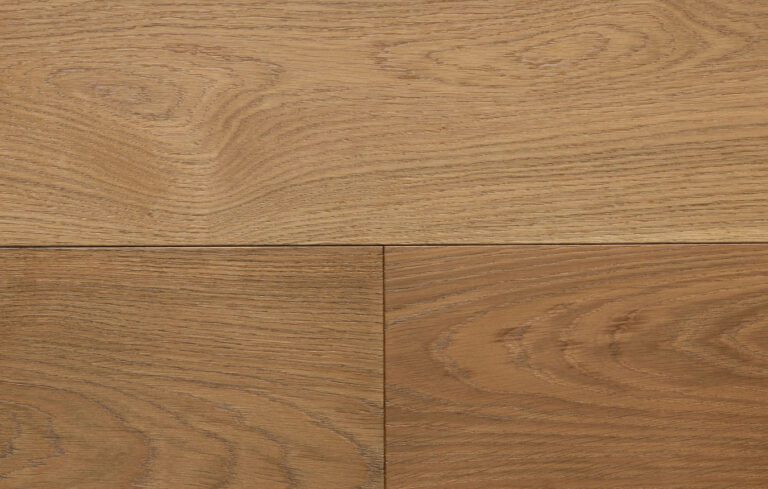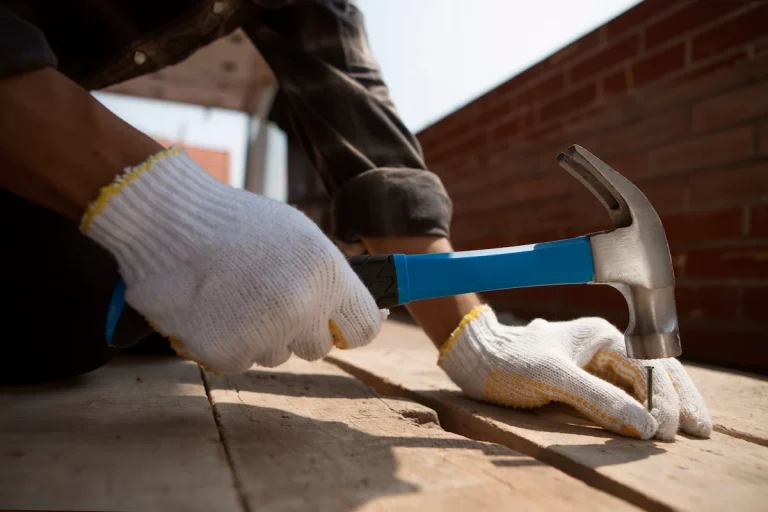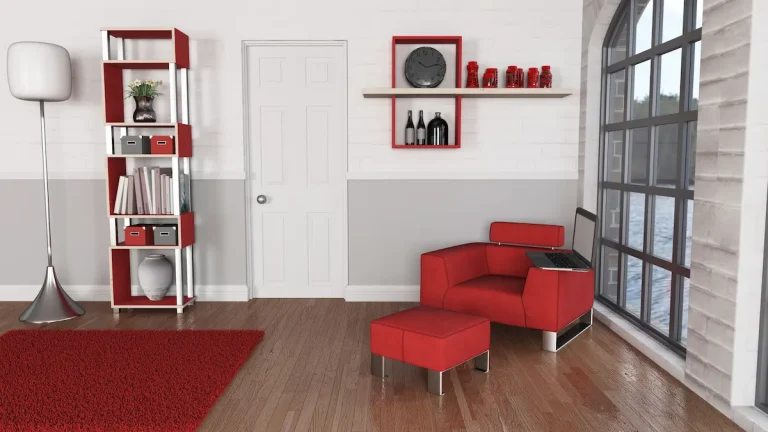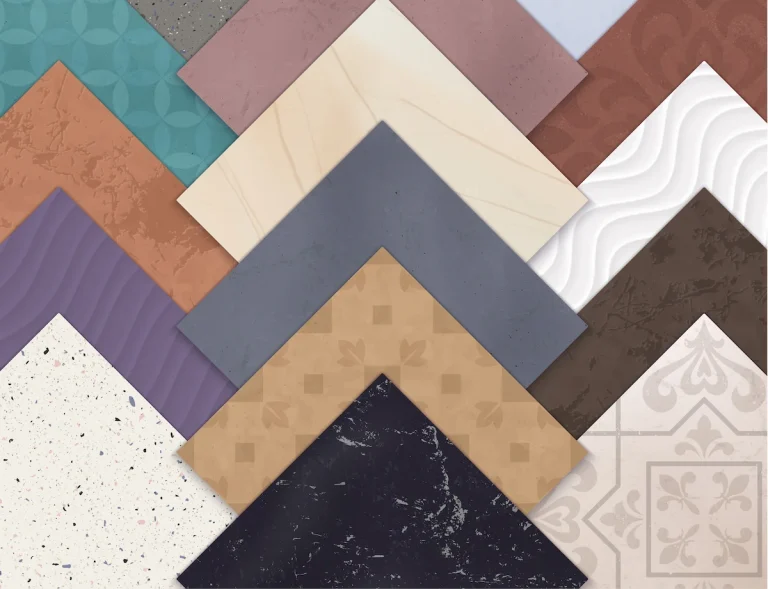Looking to update the flooring in your home? Vinyl flooring may be the perfect solution for you. Explore the different types of vinyl flooring available, including Luxury Vinyl Tile (LVT), Vinyl Sheet Flooring, Vinyl Plank Flooring, Vinyl Tile Flooring, also Peel and Stick Vinyl Flooring.
So, what are the different kinds of vinyl flooring? Get tips on how to choose the right type of vinyl flooring for your space, discuss the benefits and drawbacks of vinyl flooring, and make an informed decision for your home.
Types of Vinyl Flooring
What are the different types of luxury vinyl flooring? There are several types of vinyl flooring available on the market, each offering unique features and benefits to suit different preferences and requirements. The main types include Luxury Vinyl Tile (LVT), Vinyl Sheet Flooring, Vinyl Plank Flooring, Vinyl Tile Flooring, and Peel and Stick Vinyl Flooring.
Luxury Vinyl Tile (LVT) stands out for its high-end look and durability, making it a popular choice for residential and commercial spaces alike. On the other hand, Vinyl Sheet Flooring is known for its seamless installation, making it suitable for larger areas with minimal seams. Vinyl Plank Flooring replicates the look of hardwood with ease of maintenance, perfect for high-traffic areas.
Vinyl Tile Flooring provides versatility in design options, ideal for creating unique patterns and styles. Peel and Stick Vinyl Flooring offers a quick and easy installation method, great for DIY enthusiasts looking to update their floors swiftly.
a. Luxury Vinyl Tile (LVT)
One of the best types of vinyl flooring is Luxury Vinyl Tile (LVT). It is a premium vinyl flooring option that replicates the look and feel of natural materials such as wood or stone but with added durability and water resistance. It is available in a wide range of designs and patterns to suit various interior styles.
The manufacturing process of this luxury vinyl flooring type involves combining several layers, including a wear layer, design layer, core layer, and backing. This construction gives LVT its strength and resilience against wear and tear.
One of the main benefits of this LVT is its easy installation process, which often involves a simple click-and-lock mechanism for a hassle-free setup. Additionally, LVT is known for its low maintenance requirements, needing just regular sweeping and occasional damp mopping to keep it looking fresh.
b. Vinyl Sheet Flooring
Vinyl Sheet Flooring is one of the cost-effective and easy-to-install types of vinyl flooring that comes in large rolls, allowing for seamless coverage of the floor. It is known for its durability and water resistance, making it ideal for high-traffic areas like kitchens and bathrooms.
Sheet flooring types offer a wide range of design options, from tile and wood patterns to abstract designs, providing flexibility to match any decor style. Compared to traditional Linoleum, vinyl sheet flooring is easier to maintain and clean.
The installation process of vinyl sheet flooring involves measuring and cutting the sheets to fit the room’s dimensions precisely. Then, the sheets are glued directly to the subfloor, creating a smooth and continuous surface. This method reduces the chances of moisture seeping through the seams, ensuring long-lasting performance.
c. Vinyl Plank Flooring
Plank flooring types are a popular choice that mimics the look of hardwood flooring but with added durability and moisture resistance. It comes in a variety of wood grain patterns and colours, offering a versatile and low-maintenance flooring solution.
One of the distinguishing features of LVT Flooring, such as the Luvanto brand, is its easy installation process. Most LVT flooring options come with an interlocking mechanism that allows for a floating floor installation, making it a DIY-friendly choice for homeowners.
Another advantage of choosing LVT Flooring is its low VOC emissions, contributing to better indoor air quality. With Luvanto options, you can enjoy the durability of vinyl flooring while achieving a stylish and natural look for your space.
d. Vinyl Tile Flooring
Vinyl Tile Flooring is a versatile option that replicates the look of ceramic or stone tiles but with the added benefits of vinyl material. It is available in a wide range of sizes, colours, and designs, allowing for endless customisation possibilities.
One popular option in the market is Floorify, known for its high quality and durability. The installation process for Vinyl Tile Flooring is relatively straightforward, making it a practical choice for DIY enthusiasts. It is important to ensure a clean and level subfloor before laying the tiles to achieve a smooth finish.
Regarding maintenance, Vinyl Tile Flooring is known for its resistance to stains and scratches, requiring simple routine cleaning with a damp mop or mild cleanser. To minimise exposure to Volatile Organic Compounds (VOCs), it is advisable to choose low-VOC or VOC-free adhesives when installing the tiles.
e. Peel and Stick Vinyl Flooring
Peel and Stick Vinyl Flooring, also known as self-adhesive vinyl tiles, offers a convenient and quick installation option for DIY enthusiasts. It eliminates the need for messy adhesives and can be easily replaced or repositioned as needed.
One of the standout features of this vinyl flooring is its versatility. Whether you’re looking to revamp your kitchen, bathroom, or any other space, these tiles come in a wide range of designs and colours to suit your style. The installation process is straightforward – simply peel off the backing and stick the tiles onto a clean, flat surface. What’s great is that there’s no drying time required, making it an excellent choice for those who want a quick home improvement solution.
How to Choose the Right Types of Vinyl Flooring for Your Home
Choosing the right type of vinyl flooring for your home requires considering factors such as the room’s usage, desired durability, preferred style, ease of installation, and budget constraints.
- Consider the Room: When choosing vinyl flooring, consider the specific room where it will be installed. For high-moisture areas like bathrooms or kitchens, opt for waterproof vinyl options such as Luxury Vinyl Tile (LVT) or Vinyl Plank Flooring.
- Look at the Durability: Determine the expected foot traffic, potential wear and tear, and resistance to scratches and stains to choose a durable vinyl option that can withstand the demands of your living environment.
- Check the Style and Design Options: Vinyl flooring offers a wide array of style and design options to complement various interior aesthetics. Consider the colour, texture, pattern, and finish that align with your decor preferences and personal style to enhance the visual appeal of your living spaces.
- Consider the Installation Process: Evaluate the complexity of the installation process when selecting vinyl flooring. Some types, such as peel-and-stick vinyl Flooring, offer DIY-friendly installation, whilst others may require professional assistance for precise fitting and seamless finishes.
- Think About Your Budget: Establish a budget range before choosing vinyl flooring to ensure that your selection aligns with your financial constraints. Compare the costs of different vinyl types, including installation expenses, maintenance requirements, and long-term durability to make an informed and cost-effective decision.
The Benefits of Vinyl Flooring
Vinyl flooring offers numerous benefits that make it a popular choice among homeowners and designers. Some key advantages include affordability, easy installation, durability, and low maintenance requirements.
- Affordable: One of the primary benefits of vinyl flooring is its affordability compared to other flooring options such as hardwood or stone. It provides a cost-effective solution for achieving stylish and durable flooring in residential and commercial settings.
- Easy to Install: Vinyl flooring is known for its ease of installation, particularly options like peel-and-stick vinyl flooring that enable DIY projects without the need for professional assistance. It saves time and labour costs while providing a quick and efficient flooring solution.
- Durable: Vinyl flooring is highly durable and resistant to scratches, stains, and water damage, making it an ideal choice for high-traffic areas and moisture-prone spaces. It maintains its appearance and integrity even in challenging environments.
- Low Maintenance: Vinyl flooring requires minimal maintenance compared to traditional flooring options like hardwood or tile. Regular sweeping, occasional mopping, and routine cleaning are usually sufficient to keep vinyl floors looking fresh and attractive.
Drawbacks of Vinyl Flooring
Whilst vinyl flooring offers numerous benefits, there are some drawbacks to consider before choosing this flooring option. These include concerns about environmental impact, susceptibility to scratches and dents, and potential emissions of harmful chemicals.
- Not Environmentally Friendly: One of the drawbacks of vinyl flooring is its limited eco-friendliness, as it is a synthetic material that does not degrade easily and can release volatile organic compounds (VOCs) into the indoor air. This aspect raises concerns about sustainability and environmental impact.
- Prone to Scratches and Dents: Vinyl flooring, especially in high-traffic areas, can be susceptible to scratches and dents over time, diminishing the appearance and longevity of the flooring. Heavy furniture, sharp objects, or improper maintenance practices can contribute to surface damage.
- Can Emit Harmful Chemicals: Some vinyl flooring products may emit harmful chemicals such as VOCs, which can negatively impact indoor air quality and pose health risks, especially in poorly ventilated spaces. It is essential to choose low-VOC or VOC-free options to minimise exposure to potentially harmful substances.
Best Vinyl Flooring Recommendation at TEKA Flooring
Here are some of the best vinyl flooring recommendations from each brand available at TEKA.
1. Wood Waterside Oak By Camaro
See product: Camaro Wood Waterside Oak
The Camaro flooring collection blends sophisticated design with lasting durability, featuring beautiful wood, stone, and parquet patterns to complement any home.
Designed for both style and easy upkeep, it’s an ideal choice for residential spaces. With a diverse selection of tiles, planks, and accessories, the design possibilities are limitless.
2. Big Tiles Coquille By Floorify
See product: Floorify Big Tiles Coquille
Floorify’s Big Tiles are designed with nearly invisible joints, creating a seamless and sophisticated appearance. This innovative design enhances the sleek, modern look of your flooring, making any space feel more refined and elegant
3. Knight Tile Rigid Core Pale Limed Oak By Karndean
See product: Karndean Knight Tile Rigid Core Pale Limed Oak – Special Offer
The Karndean Knight Tile Rigid Core range features slim wood planks with a smooth surface, carefully crafted to authentically mimic the natural timber that inspired them.
Utilising click technology instead of glue-down installation, these planks are an excellent choice for DIY enthusiasts or those with experience in click flooring
4. Contemporary Premium Design Old English Oak By Luvanto
See product: Luvanto Contemporary Premium Design Old English Oak
Providing the most realistic natural wood appearance, this flooring showcases advanced registered grain embossing and an ultra-matte surface for an incredibly authentic finish.
Nearly identical to real wood, Old English Oak blends classic elegance with long-lasting durability, making it an ideal choice for a refined and enduring flooring solution
Rely on TEKA Flooring for premium LVT flooring. TEKA offers a diverse selection of Luxury Vinyl Tiles in various colours, designs, and textures sourced from leading brands. Go get your luxury vinyl tiles in Peterborough, UK today from TEKA Flooring, all at a fraction of the cost!
Luxury Vinyl Tiles (LVT) offer a straightforward installation process, suitable for both DIY enthusiasts and those who prefer professional assistance. For optimal outcomes, TEKA Flooring offers hassle-free floor installation services catering to residential, commercial, and specialised needs. Explore further details here.
Read Also:


























